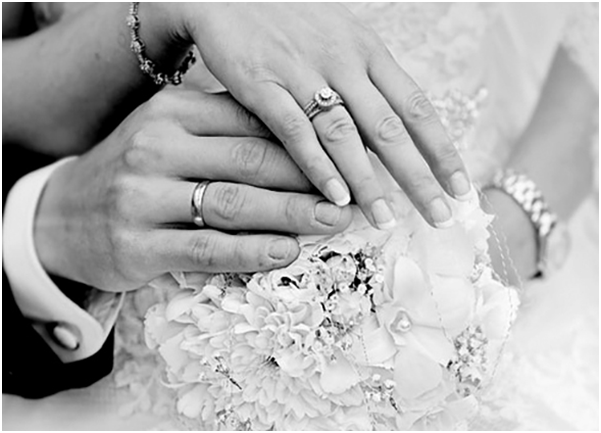Rwanda’s genocide began on April 6, 1994, when a plane carrying Rwanda’s ethnic Hutu President Habyarimana and his Burundian counterpart Cyprien Ntaryamira was shot down.
The two died.
Hutu extremists blamed Tutsi rebel group the Rwandan Patriotic Front (RPF) for the attack, then launched a well-organized slaughter campaign that claimed the lives of nearly one million people, most from the minority Tutsi community.
Bernadette Mukakabera and her husband Kabera Vedaste, who were from the Tutsi community, were among those targeted by the Hutus. Gratien Nyaminani, a Hutu, lived next to Bernadette in Mushaka in western Rwanda with his family. Both families were farmers.
At least 800,000 people – ethnic Tutsis and moderate Hutus – were killed in 100 days by Hutu militias during the 1994 Rwandan Genocide. Amid the attacks, Gratien killed Bernadette’s husband. He confessed in 2004 and asked for forgiveness from Bernadette in public.
At the time, he had already served 10 years in detention for his involvement in the massacres and was now being tried by Rwanda’s traditional gacaca courts that dealt with genocide suspects. During gacaca court hearings, people in communities come face to face with those accused and both parties give evidence of what happened and how it happened, according to BBC.
It was during those hearings that Gratien told Bernadette how he had killed her husband and asked her to forgive him. She did. And because of her forgiveness, Gratien served a two-year community service sentence instead of 19 years in jail, BBC reported.
The love story
While Gratien was serving 10 years in detention before he publicly apologized, his family tried to make peace with Bernadette and her son Alfred. Bernadette’s son was 14 years old when his father was killed by Gratien. At the time of the genocide, Gratien’s daughter Yankurije Donata was nine years old but growing up, she decided to help Bernadette take care of her home. She started doing this during her father’s years in detention.
“I decided to go and help Alfred’s mother do the housework and even the farm because she had no one else to help her considering that my father was responsible for her husband’s murder,” she told BBC. “I think Alfred fell in love with me when I was helping out his mother.”
Bernadette also received her with open arms anytime she visited to help. “She helped me knowing well that her father killed my husband, she knew that I didn’t have any help because my son was at boarding school.”
Bernadette said she loved Yankurije’s heart and behavior and so she had no qualms with her son Alfred marrying her.
“I felt like she could make the best daughter-in-law because she understood me better than anyone else. I persuaded my son to marry her.”
Gratien was shocked when he was told of the news. He wondered why a family he had hurt so much would want anything to do with his daughter, Yankurije said. But he finally agreed and gave his daughter and Alfred the go-ahead to get married.
The two wed at the local Catholic Church in 2008. Two years earlier, Gratien had confessed before the congregation at the church, asking for forgiveness for his crimes.
During the Rwandan genocide, more than two million refugees fled Rwanda, generating a humanitarian crisis. Rwanda has, over the years, accused France of complicity in the mass killings, but France has repeatedly denied this.

